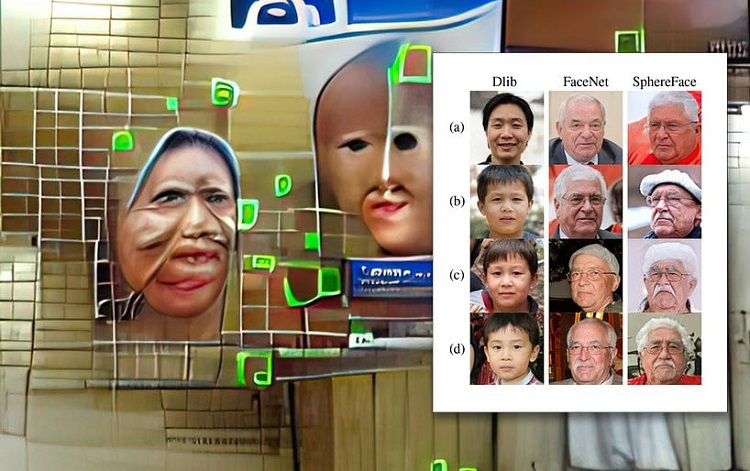AI Learns to Create “Universal” Faces That Can Deceive Modern Identification Systems
Researchers in Israel have developed an artificial intelligence system capable of generating “master faces”—images that can mimic a wide range of identities for facial recognition systems. According to the scientists, just nine synthesized faces can potentially replace images for over 40% of the population.
The technology is based on the StyleGAN Generative Adversarial Network (GAN), which was tested on three highly effective facial recognition systems. The research was conducted in collaboration with academic institutions in Tel Aviv. During testing, experts discovered that a single generated face could imitate 20% of the faces in the open-source database from the University of Massachusetts, a dataset commonly used to evaluate facial recognition technologies.
This new method improves upon techniques recently published by the University of Siena. Notably, the approach does not require access to proprietary materials or technologies, allowing researchers to use open-source data as “templates” to substitute for the majority of real faces. Under various conditions, the scientists achieved “positive” identification for more than 40-60% of faces using just nine generated photos.
The system utilizes an “evolutionary algorithm” and a “neuro-predictor” that assesses the likelihood that the current “candidate” face will outperform those generated in previous attempts. The researchers found that the duration of the process does not affect the quality of the system’s training.
In conclusion, the scientists stated that “facial recognition-based identification systems are extremely vulnerable,” even if attackers have no information about the “target” individual. The developed method is highly effective at deceiving modern facial recognition technologies.



